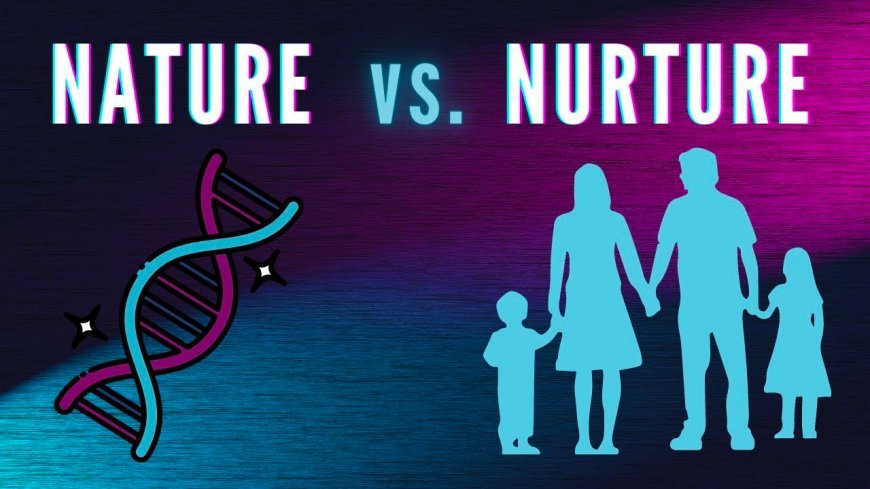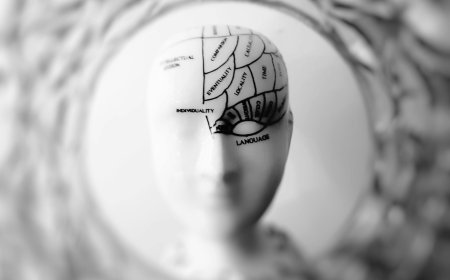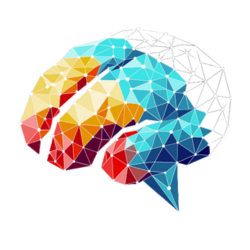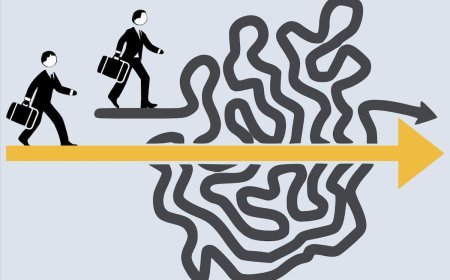Nature vs Nurture
One of the oldest and most fundamental debates in psychology, and indeed in science, is the nature vs. nurture controversy.

This enduring question explores the relative contributions of genetic inheritance (nature) and environmental factors (nurture) in shaping human development, intelligence, personality, and behavior. While once viewed as a strict dichotomy, contemporary psychological understanding recognizes a complex and interactive relationship between the two.
Proponents of the "nature" perspective emphasize the role of genetics. They argue that our genes predispose us to certain traits, temperaments, and even vulnerabilities to mental health conditions. Studies of identical twins, who share nearly 100% of their DNA, often show remarkable similarities in personality, intelligence, and even specific phobias, even when raised apart. This suggests a significant genetic component to many aspects of who we are. Evolutionary psychology, for instance, posits that certain behavioral patterns and cognitive biases are innate, having been shaped by natural selection over millennia.
Conversely, the "nurture" side highlights the profound influence of environmental factors. This includes everything from prenatal nutrition and early childhood experiences to parenting styles, education, cultural influences, and socioeconomic status. A child raised in a stimulating and supportive environment is likely to develop different cognitive and social skills than one raised in deprivation. Learning theories, such as behaviorism, emphasize how experiences and conditioning shape our responses and habits. Social learning theory further stresses the importance of observing and imitating others in our environment.
Modern psychology largely rejects the idea of a simple "either/or" answer. Instead, the consensus points to an interactionist perspective. Genes provide a predisposition or a range of possibilities, but the environment determines which of these possibilities are expressed and to what extent. This is encapsulated in the concept of gene-environment interaction, where genetic predispositions can influence the environments we seek out (e.g., a naturally extroverted person might seek out more social situations) or how we respond to certain environments. Similarly, the environment can "turn on" or "turn off" certain genes through epigenetic modifications, without altering the underlying DNA sequence.
Understanding the intricate interplay of nature and nurture is crucial for many fields. In education, it informs approaches to individualized learning. In clinical psychology, it helps in understanding the etiology of mental disorders and developing targeted interventions. While the precise weighting of nature and nurture may vary for different traits and behaviors, the contemporary view acknowledges their inseparable dance in orchestrating the complex symphony of human development.
What's Your Reaction?
 Like
0
Like
0
 Dislike
0
Dislike
0
 Love
0
Love
0
 Funny
0
Funny
0
 Angry
0
Angry
0
 Sad
0
Sad
0
 Wow
0
Wow
0





















